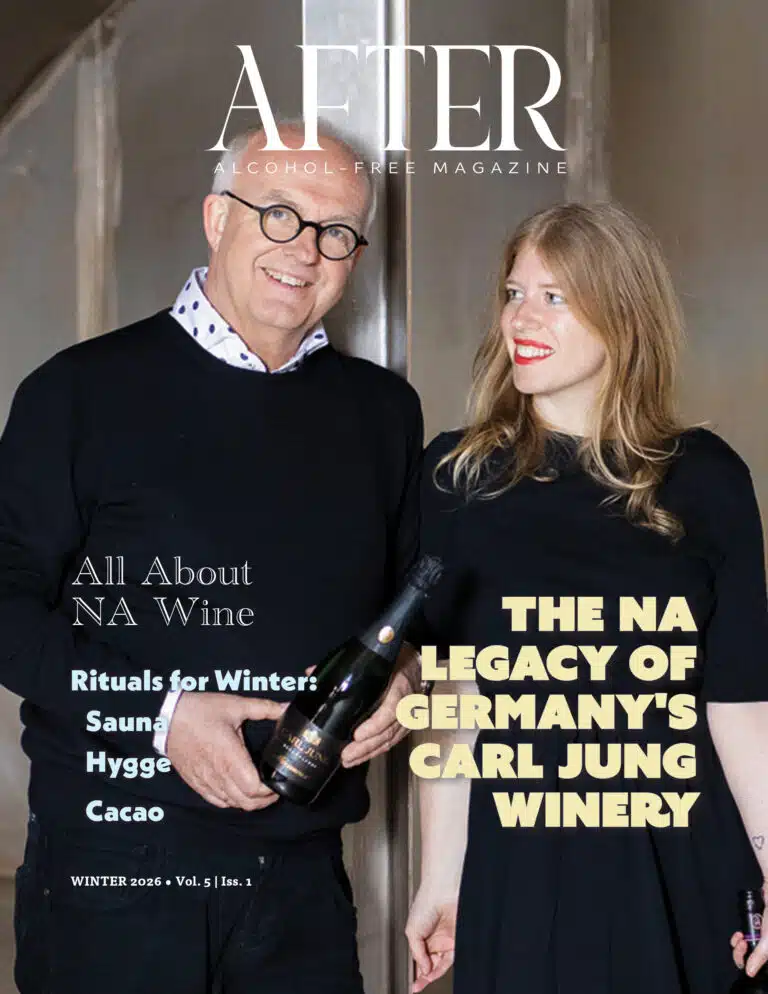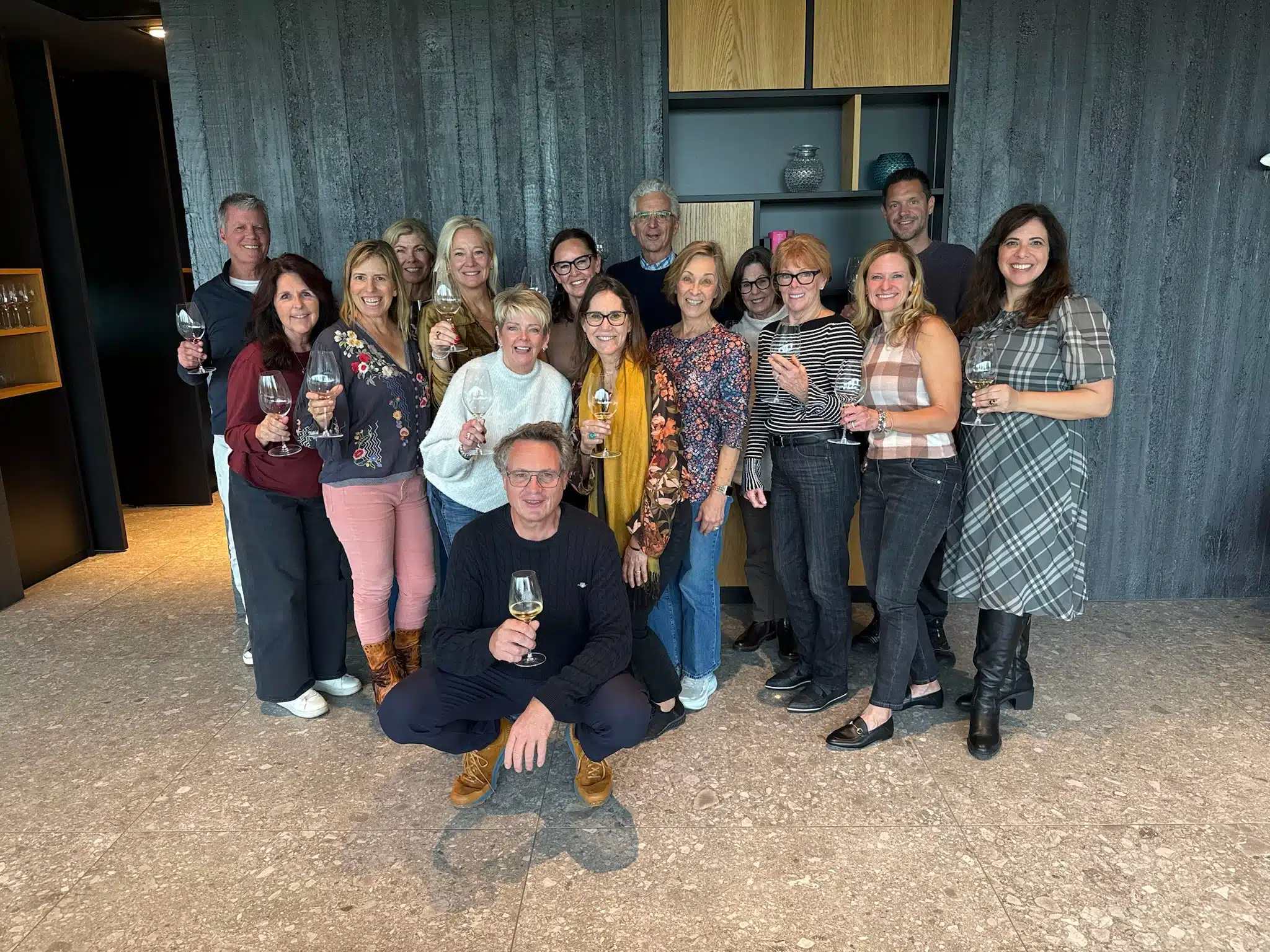If you’ve ever taken a break from alcohol or have made the decision to abstain completely you have likely experienced the “sobriety paradox.” The sobriety paradox is the experience of feeling committed to the process of abstaining and knowing it’s right for you yet feeling deprived and resentful the moment you start.
The sobriety paradox creates struggle in the process of quitting drinking or attempting to moderate alcohol intake. A person who is experiencing it might become more fixated than ever on alcohol, might resent those who continue to drink, or might fixate on others’ drinking.
The person focuses on their lack of alcohol with a sense of deprivation and anger about the decision to give it up, wondering, Why can’t I be like “everybody else?” even if they feel better and happier without it. Being stuck in this paradox, unfortunately, leads to difficulty and suffering and, often, to giving up on the commitment not to drink, or relapsing into old drinking habits.
The first time I took a break from alcohol, there was no discussion of obstacles or paradoxes. I felt alone and thought I had a personal flaw when it came to drinking. Cultural norms dictated that my problem was vaguely genetic and that meetings were the only solution. I struggled profoundly during the early stages of my alcohol-free life as I focused solely on using willpower to create one single behavioral change: not drinking. I dragged myself through the process of abstaining from alcohol, always wishing I didn’t have to. My strictly behavioral approach—just don’t drink—coupled with my deeply held beliefs about the supposed benefits of alcohol and all the fun I was missing, fueled the paradox. The resentment and frustrations that resulted necessitated a difficult separation from the personal life, friendships, and activities I had known before giving up alcohol in order to preserve my abstinence. Ironically this only made the paradox worse. It was a challenging path that often saw me returning to my drinking habits.
I find this same problem to be true of some of my sober-curious clients who have tried to give up alcohol in the past. The decision to stop drinking usually follows a period of personal dialogue where they develop the awareness that they probably need a break from alcohol, followed by a solid conviction to do so. While some begin the process with an understanding of what they’re up against, most believe (and are taught) that gritting their teeth and hanging on by their fingernails will be enough to attain the goal. They expect a period of discomfort, but they’re confident they can sustain the commitment. After all, how hard can this be? In reality, what they experience is much different than anticipated, and they return to drinking.
The second time I gave up alcohol, after 22 years of on- and off-again sobriety, the conversation had expanded greatly. There was more talk of neuroscience, a broader understanding of alcoholism under the umbrella of Alcohol Use Disorder, and an awareness that everyone—not just a genetically unlucky few—is at risk of alcohol addiction since alcohol is an addictive substance.
It was liberating.
I wholly aligned with the new discourse on alcohol-free lifestyles. In this new environment, I discovered the value of a cognitive approach to my obsession with alcohol and came to understand why I had struggled in the past. I learned that while physical and neurological alcohol dependency might take only weeks to correct, addressing deeply rooted conscious and subconscious beliefs we are taught about alcohol is the key to lasting sobriety, and to overcoming the resentment and struggle that go with it. This approach resonated with me and it led me to a journey of self-discovery. I was armed with scientific knowledge and, simultaneously, was working to uncover the reasons—both personal and cultural—I had made alcohol such a critical part of my life in the first place.
Understanding the process happening in the brain is a powerful tool that allows us to more fully understand deprivation when it occurs. Jolene Park, a thought leader in the alcohol-free movement and expert in the concept of “gray area drinking,” summarizes the scientific side of things nicely with her description of the “craving brain.” The craving brain is characterized by an overactive reward system constantly seeking the pleasurable effects of alcohol. Park explains that the development of the craving brain is not a personal failing but a result of biological factors of addiction. Simply put, alcohol artificially and dramatically increases the release of the neurotransmitter dopamine in our brains. Because dopamine is associated with pleasure and is biologically linked to survival, over time the brain becomes dependent on alcohol. It’s tricked into believing that the alcohol is the most important thing the person needs to survive. When we stop drinking, our brain is suddenly deprived of this dopamine response, and we experience depression, anxiety, and irritability. The changes in our brain chemistry make it more difficult to resist the urge to drink.
After a period of sobriety, the brain will reset itself to a baseline level of dopamine response. The second part of addressing the paradox then is to dissect the conscious and subconscious beliefs and life events that led to alcohol becoming such a big part of our lives in the first place. Rather than forcing long-term willpower (when has that ever worked?), this involves working through our beliefs about alcohol and ourselves. Do we feel that alcohol makes us more fun? That we need it to relax? That our friends won’t like us without it? Were we using alcohol to cope with trauma or sadness? All of this needs to be addressed.
Annie Grace, the author of This Naked Mind, and creator of the This Naked Mind Institute, and certification program, whose philosophies I ascribe to in my work with my clients, refers to the “Three Pillars of Change” when talking about this process. The Three Pillars of Change allow us to identify and deconstruct our subconscious beliefs and uncover the “what,” “when,” “where” and “how” of alcohol’s role in our lives. Once we’ve assessed these factors we can decide what aspects to delete and which to reconstruct. The Three Pillars of Change according to Grace are:
Knowledge: When addressing the problem through this lens, we first understand why and how alcohol is affecting us both biologically and personally.
Emotion: Next, we get familiar with how we feel about this. What emotions are coming up day to day? Do we feel deprived, jealous, happy, grateful? Drinking numbs these emotions and it takes time to get familiar with them again—and even more time to realize you’re allowed to experience them all.
Action: Once the foundation of these two pillars has been laid, then we focus on the behavior—continuing to not drink and replacing alcohol with healthy, fulfilling activities and habits.
Armed with scientific knowledge and a deeper understanding of myself I was able to more clearly see the detrimental role alcohol had played in my life. As I continued on this path, my desire for alcohol lessened, and a new road became visible. Today I work with clients to create this same lasting change without deprivation.
We are lucky the alcohol-free world has evolved to one where awareness and information can help a newly sober person to feel less alone than before, to go through the process of self-discovery required to make lasting change, and to avoid the sobriety paradox and the suffering and deprivation that goes along with it. If you are stuck in this cycle, you can talk to a coach or support group and start working on the process of understanding what you’re going through and why to create lasting change.
***




